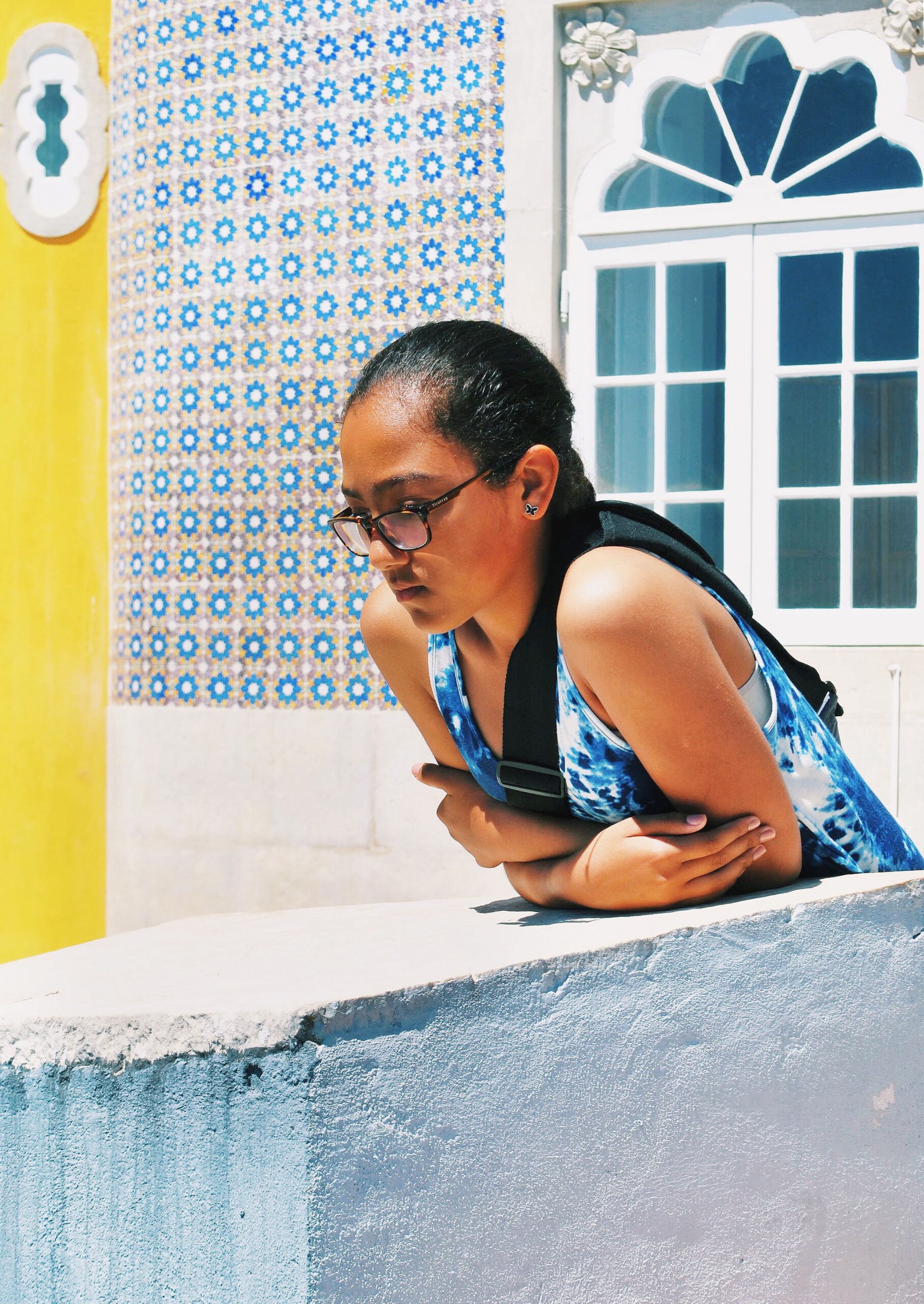If you’re living in Portugal with children, here is a guide to education in Portugal.
Educational departments in Portugal
The Ministry of Education and the Ministry of Science, Technology and Higher Education are jointly responsible for the country’s education system. They receive support from the Ministry of Labor and Social Solidarity in providing pre-school education.
In Portugal, you can opt either for a state school (generally free) or a private school.
If you opt for a private school, you can confirm whether it is certified by the Ministry of Education (primary and secondary education), the Ministry for Science, Technology and Higher Education (for higher education), or the Ministry of Labour and Social Solidarity / Institute of Social Security (for pre-school education).
Preschool education in Portugal
Defined as the first stage of basic education in the lifelong learning process.
Pre-school education for children between the ages of three and five is still optional. Kindergartens are run by a variety of state organizations, charitable institutions, private schools, cooperatives, and unions.
Compulsory schooling: basic education
Basic education (ensino básico) is compulsory and free for everyone. It is for children between six and fifteen. Pupils who complete this schooling receive a certificate of basic education.
This level of teaching extends over nine years and comprises three cycles:
- The first cycle lasts for four years. This cycle has one teacher (who may also have assistants in certain subject areas). Emphasis is on the development of studies and activities and the teaching of a foreign language may begin;
- The second cycle, lasting two years, covers interdisciplinary areas of basic education;
- The third cycle lasts for three years. It is a set of disciplines or groups of disciplines, incorporating various elements of vocational training. Classes have a single teacher per subject or multidisciplinary educational field.
Basic education provides a common general training that:
- allows pupils to develop interests, aptitudes, and skills and grow as individuals, in accordance with values of social solidarity;
- allows pupils to acquire and master basic knowledge, skills, attitudes, and values, forming the basis for further general or vocational studies;
- encourages the development of values, attitudes, and practices that help to instill a sense of civic responsibility as well as a willingness to participate in democracy.
Post-compulsory schooling: secondary education
Secondary education is a cycle of specific studies and includes various courses intended principally to prepare young people to go on to higher education or to enter the labor market. It spans three years, corresponding to school years 10, 11, and 12.
The options offered by the Portuguese educational system following school year 9 are diversified both in standard education and in other forms of education. They can take the form of scientific-humanities, specialized artistic, technological or vocational training courses, and are provided by secondary schools as well as vocational schools.
Standard secondary education comprises:
- General courses – intended mainly for persons aiming to obtain secondary-level training with a view to continuing their studies in higher education;
- Technological courses – intended mainly for persons aiming to obtain intermediate vocational training so they can enter the labor market.
General courses lead to the diploma de ensino secundário (diploma of secondary education). Technological courses lead to a Level three vocational qualification certificate in addition to this diploma.
Year 10 vocational courses are an alternative secondary-level educational and training path for young people aged 15 who have completed their compulsory education and intend to go on to obtain a vocational qualification immediately afterward. These courses last one year, lead to a Level Two vocational qualification certificate, and are equivalent to school year 10.
Finding a school in Portugal
To find the most suitable school, contact one of the schools in the area where you live or the Direcção Regional de Educação (Regional Education Authority).
The final date for enrolment is normally 15 July. Confirm this with the school you choose, however, as dates may vary.
There is no final date for enrolment for pupils coming from a foreign school during the school year. You should contact the governing bodies of the school for further information.
Any pupils in the state school system between pre-school and year 9 whose mother tongue is not Portuguese are entitled to additional one-on-one language support outside their normal classes, should they need it.
Specialized artistic education
Specialized art education courses are also available from secondary schools. They provide artistic training for those hoping to continue their studies and prepare for a career in the visual arts, dance, and music, as well as encourage individual and group art activities.
International schools in Portugal
You can find English-speaking international schools in Portugal, especially in primary and secondary education. These schools are mostly in the Greater Lisbon area and the Algarve. For further information on the location of schools, see our Portugal International school listings.


